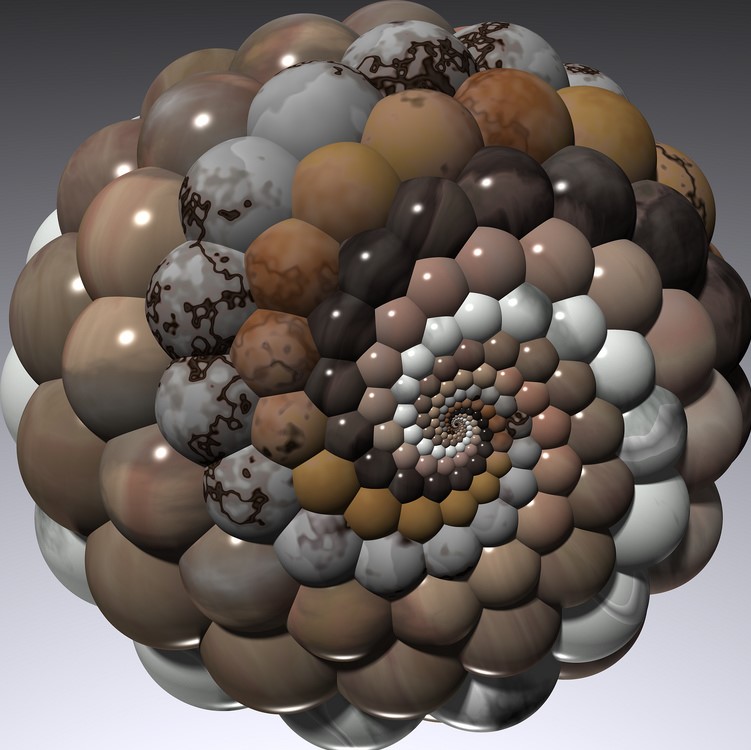Remember imaginary numbers? In case you need a refresher — I did — here’s what Wikipedia says:
“An imaginary number is a complex number that can be written as a real number multiplied by the imaginary unit i, which is defined by its property i2 = −1. The square of an imaginary number bi is −b2. For example, 5i is an imaginary number, and its square is −25. Except for 0 (which is both real and imaginary), imaginary numbers produce negative real numbers when squared.”
The square root of a negative number has no representation in the physical world. You can hold a couple of apples in your hand, but you can’t hold the square root of -4 apples in your hand. Searching for i leads you to a paradox. Of course, the idea of a negative item is already nonsensical — even regular negative numbers are concepts without material form. And yet they’re “real”, if that term can be judged applicable. The most simple example of IRL negative numbers is finance: any balance you owe can be represented by negatives. But imaginary numbers specifically are used in electrical engineering and physics.

Image by fdecomite.
There are two basic ways of looking at math. Either math powers the universe — it’s the underlying engine — or math simply describes the universe. In the latter scheme, arithmetic is a human construct. I think both of these frameworks are somewhat right. Math is a logical system based on units, and there is no logic without a mind to perceive it. And yet the regularity and accuracy with which numerical manipulation explains our world says that we’re onto something.
In an old Guardian article, Gareth Owen commented on imaginary numbers:
“They are of enormous use in applied maths and physics. Complex numbers (the sum of real and imaginary numbers) occur quite naturally in the study of quantum physics. They’re useful for modelling periodic motions (such as water or light waves) as well as alternating currents.”
Imaginary numbers are imaginary — it’s right there in the name — but they’re not exactly made up.
You know the joke, right? Literature is psychology is biology is chemistry is physics is math. Scientific inquiry always leads us back to numbers. Computer science is a kind of applied math (artificial intelligence even more so) and now I’m getting to my point. The internet emerged from this tension between real and unreal, and the way we talk about it reflects that. VR will be a new realm for us, even less solid in the everyday sense. The requisite devices are built with engineering expertise, founded on a system that no one can observe — we must rely on paradoxical tricks to make it work.
So what’s the conclusion? To be honest, I don’t have a profound insight to wrap things up. Maybe the takeaway is just that humans invented the term “real” and language is a flawed tool. Math is not inherent to the universe, and it doesn’t always function as a mirror of the physical world.


Comments are closed.